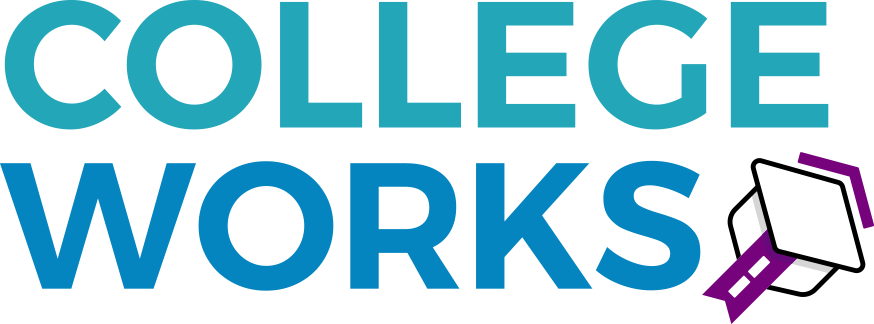
Guidance Counselor
Historically, the term “guidance counselor" was used to refer to counselors working in schools. The term has evolved to “school counselor” as the scope of duties has changed and advanced. While some schools still use the term “guidance counselor," the American School Counselor Association encourages the use of “school counselor” to more accurately reflect the role.
A school counselor is an education professional who guides students in developing valuable academic, vocational and social skills necessary for their success. Their main responsibility is to identify individual students’ strengths and encourage them to pursue opportunities that challenge and interest them.
Important characteristics to have are great communications skills, empathy, friendliness, an understanding of diversity, and knowing when to act.
They promote mental and emotional wellness through educational materials, guest speaker events, and other activities on relevant topics like peer pressure, bullying, and maturation. They work alongside teachers, administrative staff, and parents to address behavioral or situational issues to ensure student success. They also help students select coursework and other educational activities that align with their passions and goals.
School counselors pursue bachelor’s degrees in education, psychology, liberal arts, or business before they progress to their master’s. These professionals are required to hold a master’s degree in school counseling or a relevant field, such as psychology or education. Like many other education professionals, school counselors must be licensed by the state in which they work.
$39,970
entry level salary estimate
$69,362
experienced level salary estimate
3,053
projected annual job openings

Programs for Guidance Counselors
Midwestern State University (BA, BS degrees)
North Central Texas College (AA pathway)
Southeastern Oklahoma State University (BA degree)
Texas A&M University - Commerce (BS degree)
Texas Woman's University (BS degree)
Tyler Junior College (AA pathway)
University of North Texas at Dallas (BA, BS degrees)
Influence lives and help change the world.
Have you been inspired by a teacher? If you want to make a meaningful difference in others’ lives, careers in education offer many choices. From opportunities in grade school to high school, special education to bilingual, education can be a career where you can start as a teacher and transition to school administration. For most, but not all, careers in education you’ll need at least a bachelor’s degree.

Additional In Demand Careers in Education
Sources:
Texas Labor Market Information, Texas Workforce Commission. Statewide wages by occupation. Entry and experienced wages for educational, guidance and career counselors and advisors, 2021. Statewide projections by occupation. Total annual openings for educational, guidance and career counselors and advisors, 2020-2030.
Get in touch
Stay connected
Interested in learning more about the college and career options that might be right for you? Whether you are a student, a parent, or counselor, sign up to our email list and we’ll keep you updated as our site grows to include even more programs and areas of interest.
